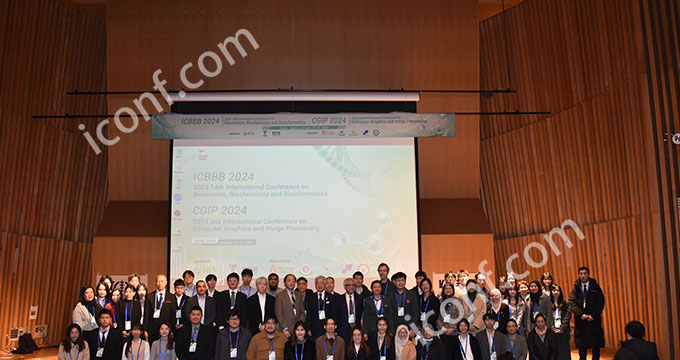Staying updated with academic conferences is crucial for researchers, academics, and professionals. Here are some of the top tools you can use to receive timely alerts about upcoming conferences:
1. iconf.com:
- Features: Comprehensive list of conferences across various disciplines, regular updates, detailed conference descriptions, and submission guidelines.
- Why Use: Provides a one-stop platform for all your conference needs, ensuring you're always informed about the latest events and deadlines.

2. Conference Alerts:
- Features: A global platform that sends email alerts for conferences in various fields. Users can set preferences for specific disciplines, dates, and locations.
- Why Use: Offers a straightforward way to receive personalized alerts, making it easy to stay informed about relevant conferences.
3. AllConferenceAlert.com:
- Features: Provides alerts for conferences, workshops, seminars, and symposia. Users can filter by subject, country, city, and date.
- Why Use: Its extensive database and filtering options help you find and receive alerts for conferences that match your interests and location preferences.
4. Wikicfp:
- Features: A wiki-based platform for conference calls for papers. Users can subscribe to alerts for specific fields, set up RSS feeds, and contribute to the database.
- Why Use: Offers a community-driven approach to conference alerts, ensuring a broad range of events and the ability to contribute to the platform.
5. Conference Index:
- Features: Allows users to search for conferences by discipline, location, and date. It also offers email alerts for new and upcoming events.
- Why Use: Its search functionality and alert system help you find and track conferences tailored to your research interests.
6. Google Scholar Alerts:
- Features: While primarily focused on academic papers, Google Scholar also provides alerts for conferences related to your search terms.
- Why Use: Leverages Google's powerful search capabilities to deliver alerts for conferences in your field of study.
7. ResearchGate:
- Features: A social networking platform for scientists where you can follow conferences, join discussions, and receive alerts based on your research interests.
- Why Use: Combines networking with conference alerts, allowing you to engage with other researchers and stay updated on events.
8. Academia.edu:
- Features: An academic social networking site where users can follow conferences, join discussions, and receive notifications about events in their field.
- Why Use: Provides a platform to connect with peers, share research, and receive alerts for conferences aligned with your research focus.
9. LinkedIn:
- Features: Many conferences are advertised through LinkedIn groups or events. You can follow specific groups or events to receive alerts.
- Why Use: Integrates conference alerts with professional networking, allowing you to connect with other attendees and organizers.
10. RSS Feed Readers:
- Features: Websites like Feedspot or Feedly allow you to subscribe to RSS feeds from conference alert websites, ensuring you receive real-time updates.
- Why Use: Provides a centralized way to manage and receive alerts from multiple sources.
Tips for Using Conference Alert Tools:
- Set Preferences: Customize alerts to match your research interests, geographic location, and preferred dates.
- Check Regularly: Even with alerts, occasionally visit these platforms to explore new events or updates.
- Engage with the Community: Participate in discussions, share your research, and engage with other attendees to maximize your conference experience.
- Stay Organized: Keep track of submission deadlines, acceptance notifications, and conference dates to ensure you don't miss opportunities.
Remember, staying informed about upcoming conferences is not just about attending; it's also about presenting your research, networking, and contributing to the academic and professional community. Use these tools to stay ahead in your field and make the most of the opportunities available through iconf.com and other platforms.


